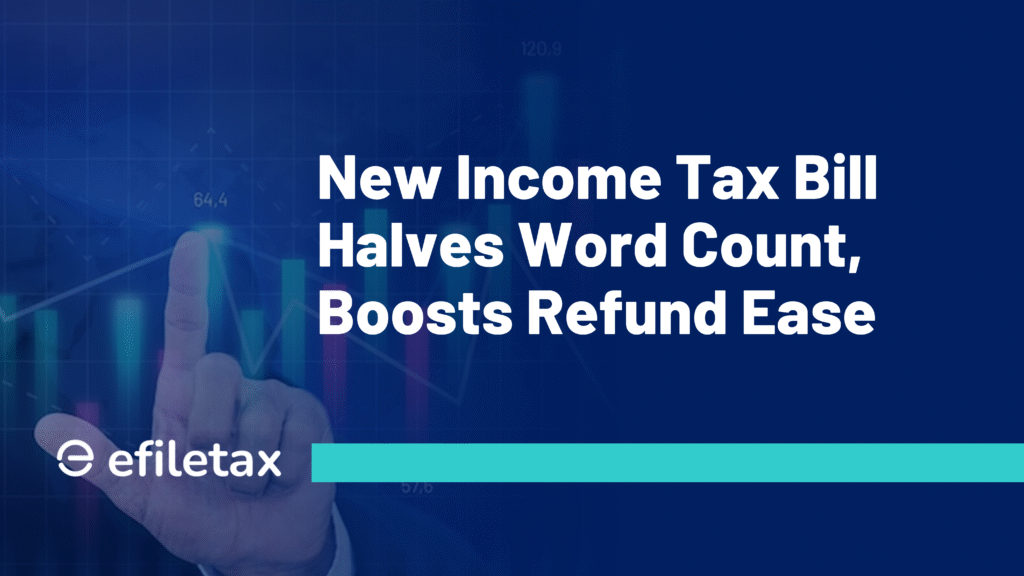
IDBI Bank disinvestment is nearing completion, with the government eyeing a deal by December 2025. The transaction, expected to fetch over ₹50,000 crore, could help the Centre exceed its ₹47,000 crore disinvestment target for FY 2025–26. With private players like Kotak Bank and Fairfax in the fray, let’s decode what this means for investors, tax advisors, and compliance professionals.
Why the IDBI Bank Disinvestment Matters
- Strategic Disinvestment: The government holds a 45.48% stake in IDBI Bank (via LIC and directly) and plans to fully exit its control.
- Revenue Push: The proceeds will likely exceed the ₹47,000 crore disinvestment target in Budget 2025.
- Policy Signal: Marks a shift towards full privatisation in the banking sector, consistent with the 2021 disinvestment policy.
- Market Timing: Sale timing is chosen to avoid crowding with other PSU IPOs like CONCOR or SCI.
Key Tax and Compliance Angles
1. Tax Treatment on Share Purchase
- Capital Gains for Retail Investors: If retail participation is allowed later (post-listing), short-term or long-term capital gains under Section 111A or 112A will apply.
- Strategic Buyers: The sale structure (SPA or bulk deal) will determine stamp duty, GST (if any on services availed), and indirect tax impact.
- Corporate Set-Offs: Buyers can explore set-off options for transaction costs, professional fees, and due diligence charges under PGBP head.
2. Indirect Tax Checks for Bidders
- Input Tax Credit (ITC): Advisory and legal service ITC must be cleanly recorded and utilized within Section 16 of the CGST Act.
- GST on Transfer Pricing/Valuation: Any intra-group service (valuation, management fees) needs arm’s-length pricing to avoid future scrutiny.
3. Compliance Due Diligence
Bidders must assess:
- Past non-performing asset (NPA) disclosures
- GST litigations, if any, especially pre-2017 service tax cases
- Section 281 certificate (if required) from Income Tax Department for asset transfer
Legal and Regulatory References
- Disinvestment Policy: National Monetisation Pipeline & DIPAM guidelines (see: dipam.gov.in)
- CBDT Circular No. 3/2022: Applicable for TDS treatment on service payments to non-residents during such strategic deals
- Companies Act: Sections 230–232 for restructuring, if any, post-acquisition
Expert View: What Should Bidders Watch?
According to a senior M&A tax partner at a Big Four firm:
“Buyers should not just look at financials. IDBI’s past tax liabilities, legacy litigations under service tax and income tax, and valuation basis under FEMA rules are equally critical. Due diligence is not optional—it’s your legal moat.”
Step-by-Step Compliance for Strategic Buyers
- Sign Confidentiality Agreement
- Conduct Legal & Tax Due Diligence
- Submit EoI and Clearance from RBI
- Evaluate FEMA & FDI Guidelines
- Draft Share Purchase Agreement (SPA)
- Review Legacy Tax Litigations
- Obtain Section 281 Certificate, if needed
- Close with Board and Regulatory Approval
Potential Impact on Disinvestment Targets
| Item | Estimate (₹ crore) |
|---|---|
| IDBI Disinvestment | ~50,000 |
| FY26 Budget Disinvestment Target | 47,000 |
| Other Likely Sales (post Dec) | 20,000–30,000 |
If this timeline holds, the government will comfortably exceed its fiscal divestment target even before March 2026.
FAQs
Q1: Will retail investors benefit from this disinvestment?
A1: Not directly, unless shares are offered through the market later. However, PSU privatisation generally boosts market interest.
Q2: Will GST apply on the transaction?
A2: Not on share sale, but professional services involved may attract GST. ITC eligibility must be evaluated.
Q3: Can the sale affect IDBI’s existing NPA recovery strategy?
A3: It could, depending on the strategic buyer’s post-deal direction and business plans.
Summary
IDBI Bank’s disinvestment is expected to close by December 2025, helping the government surpass its ₹47,000 crore FY26 divestment target. Tax experts advise bidders to watch for compliance pitfalls—GST input claims, legacy litigations, and due diligence will play a big role in shaping post-sale success.
Need help decoding the tax impact of strategic deals?
Let Efiletax simplify it for you. From transaction structuring to compliance advisory — we’ve got your back.